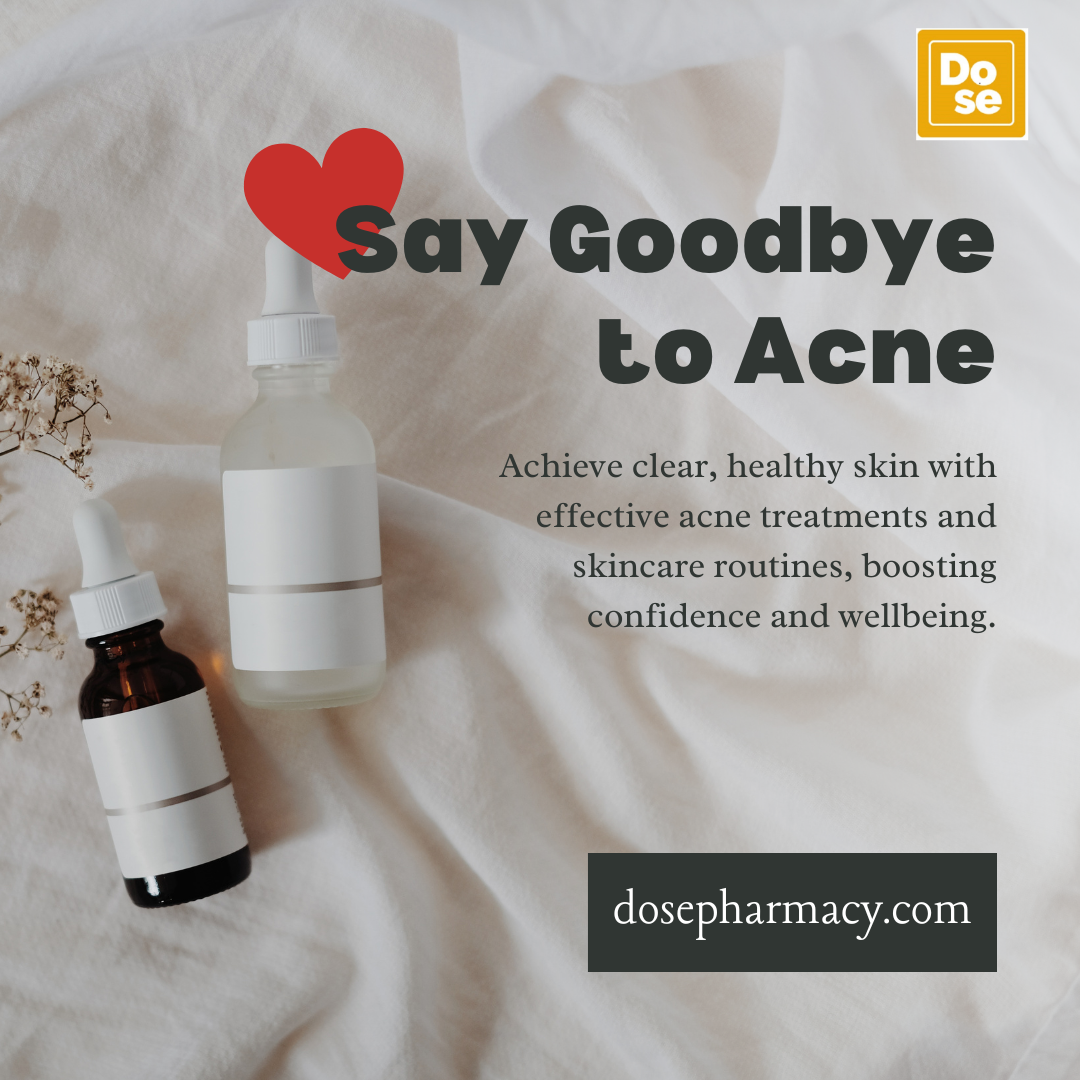Hello! If you’re dealing with pimples or acne, you’re not alone. Millions of people worldwide face these common skin issues at some point in their lives. Understanding the best treatments can help you achieve clearer, healthier skin. If you looking for permanent acne treatment then you can Buy Accutane Online to get acne free skin. In this article, we’ll explore effective treatments for pimples and acne, including lifestyle changes, over-the-counter products, and prescription medications.
Understanding Pimples and Acne
Before diving into treatments, let’s understand what causes pimples and acne. Acne occurs when hair follicles become clogged with oil, dead skin cells, and bacteria. Take Isotretinoin 40 mg to get acne free skin. This leads to various types of blemishes, including:
- Blackheads: Open pores clogged with oil and dead skin, which appear dark.
- Whiteheads: Closed pores that are filled with oil and dead skin, resulting in small white bumps.
- Papules: Small red or pink bumps that can be tender to the touch.
- Pustules: Similar to papules but filled with pus, these are often red at the base with a white center.
- Nodules and Cysts: Larger, painful, and deeper lumps under the skin that can lead to scarring.
Best Treatments for Pimples and Acne
1. Over-the-Counter Treatments
Many effective treatments for acne are available without a prescription. Here are some popular options:
-
Benzoyl Peroxide: This topical treatment helps kill acne-causing bacteria and reduces inflammation. It’s available in gels, creams, and cleansers. Start with a lower concentration (2.5% to 5%) to minimize irritation, gradually increasing it as needed.
-
Salicylic Acid: This beta hydroxy acid (BHA) works by exfoliating the skin and unclogging pores. It’s effective for mild acne and is found in various cleansers, toners, and spot treatments.
-
Retinoids: Over-the-counter retinoids like adapalene help increase cell turnover and prevent clogged pores. They can also improve skin texture and reduce the appearance of acne scars.
-
Alpha Hydroxy Acids (AHAs): AHAs, such as glycolic acid, help exfoliate the skin’s surface, making them effective for treating mild acne and improving skin texture.
2. Prescription Treatments
If over-the-counter options don’t yield results, a healthcare provider may prescribe stronger medications. Some common prescription treatments include:
-
Topical Retinoids: Prescription retinoids, like tretinoin and tazarotene, are more potent than over-the-counter options. They promote cell turnover, prevent clogged pores, and reduce inflammation.
-
Antibiotics: Topical or oral antibiotics can help reduce acne-causing bacteria and inflammation. Common options include clindamycin and doxycycline.
-
Hormonal Treatments: For women, hormonal therapies like oral contraceptives or anti-androgens (like spironolactone) can help regulate hormones that trigger acne.
-
Isotretinoin: This powerful oral retinoid is often prescribed for severe acne that hasn’t responded to other treatments. It reduces oil production, unclogs pores, and prevents new acne from forming. Due to potential side effects, it requires careful monitoring by a healthcare provider.
3. Lifestyle Changes
In addition to topical and oral treatments, certain lifestyle changes can significantly impact your skin’s health:
-
Maintain a Consistent Skincare Routine: Cleanse your face twice daily with a gentle, non-comedogenic cleanser to remove excess oil and impurities. Follow up with a moisturizer suitable for your skin type.
-
Avoid Touching Your Face: Your hands carry bacteria and oil that can contribute to breakouts. Try to avoid resting your face on your hands and refrain from picking at existing pimples.
-
Choose Non-Comedogenic Products: When selecting makeup, sunscreen, and skincare products, look for those labeled “non-comedogenic,” meaning they won’t clog your pores.
-
Eat a Balanced Diet: Some studies suggest that a diet high in processed foods, sugar, and dairy may exacerbate acne. Focus on a diet rich in fruits, vegetables, whole grains, and lean proteins to support overall skin health.
-
Stay Hydrated: Drinking plenty of water helps keep your skin hydrated and may promote a clearer complexion.
-
Manage Stress: Stress can worsen acne. Incorporate relaxation techniques such as yoga, meditation, or deep breathing exercises into your routine.
4. Professional Treatments
If you’re looking for additional options, consider professional treatments:
-
Chemical Peels: A dermatologist can perform chemical peels using stronger acids to exfoliate the skin and improve its appearance.
-
Laser Therapy: Various laser treatments target acne scars and active breakouts by reducing oil production and bacteria.
-
Extraction: A dermatologist can safely extract blackheads and whiteheads to prevent further breakouts.
5. Patience and Consistency
When treating pimples and acne, it’s crucial to be patient. Most treatments take several weeks to show significant improvement. Consistency is key; sticking to your skincare routine and following your healthcare provider's recommendations will yield the best results.
When to See a Healthcare Provider
If you’ve tried over-the-counter treatments without success or if your acne is severe, painful, or causing emotional distress, it’s time to consult a healthcare provider or dermatologist. They can help determine the underlying cause of your acne and recommend appropriate treatments tailored to your needs.
Treating pimples and acne effectively requires a combination of the right products, lifestyle changes, and sometimes professional interventions. From over-the-counter options to prescription medications, many treatments are available to help you achieve clearer skin. Remember that everyone’s skin is different, so what works for one person may not work for another. With patience, consistency, and the right approach, you can take significant steps toward managing and reducing acne. Don’t hesitate to seek professional advice if needed, as they can provide personalized guidance to help you achieve your skincare goals. Here’s to healthier, clearer skin!



